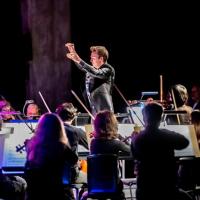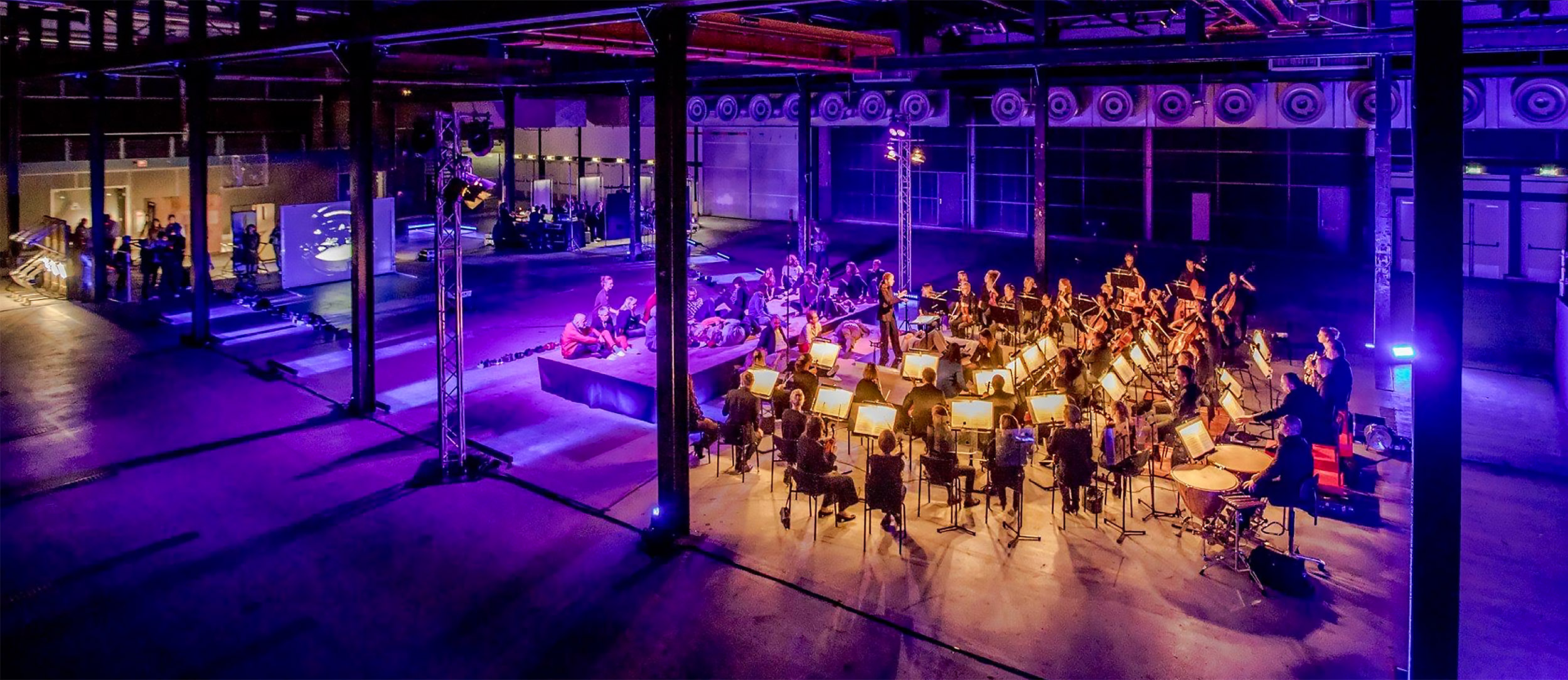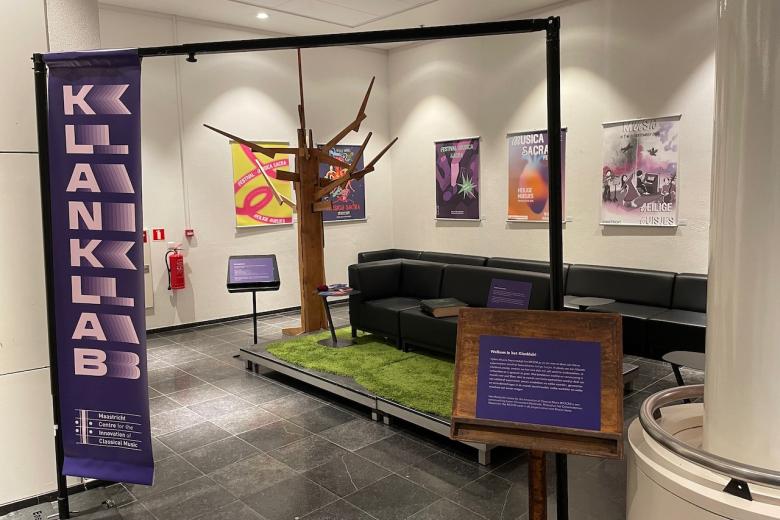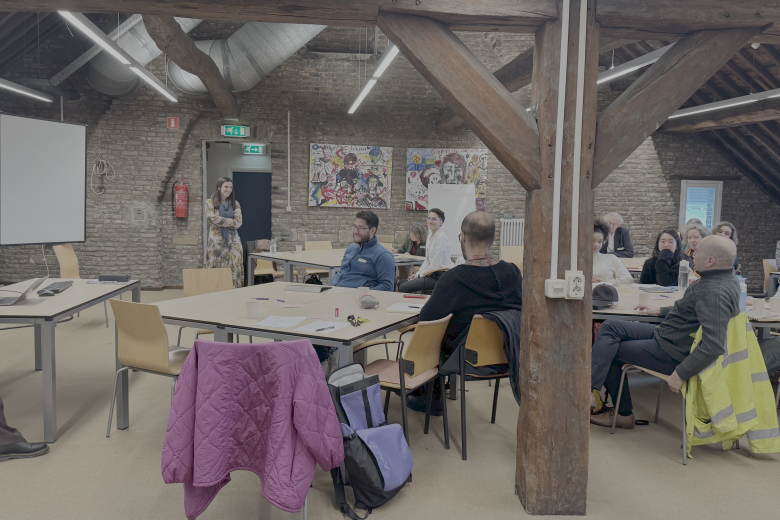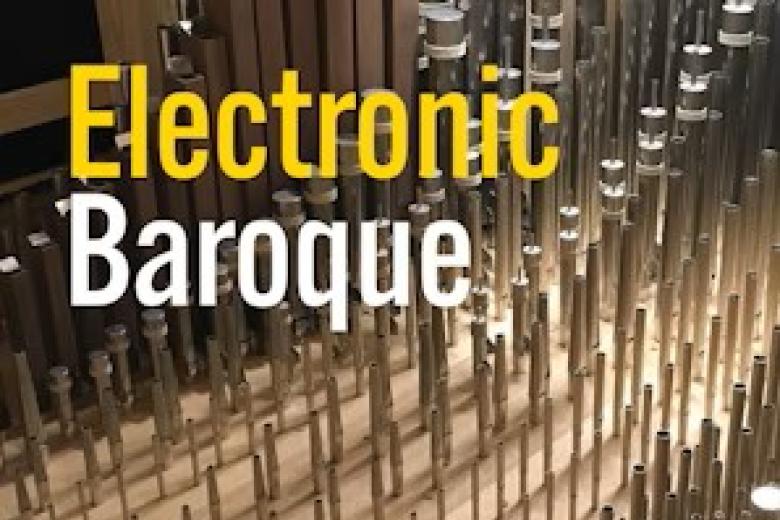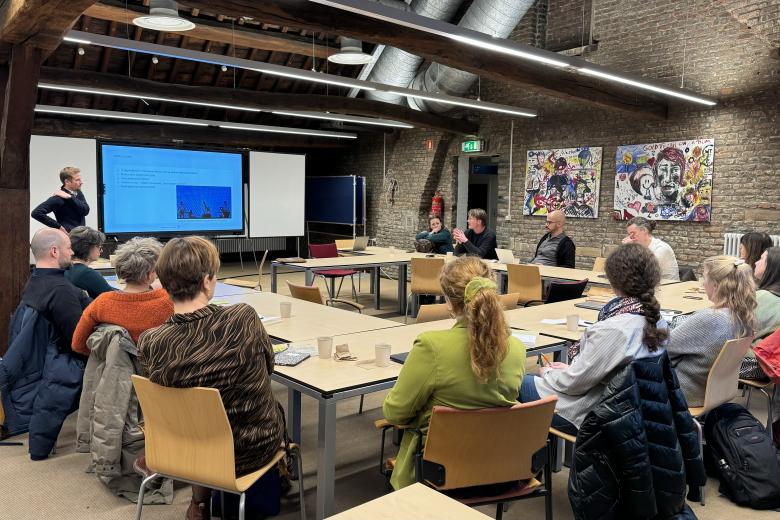MCICM Maastricht Centre for the Innovation of Classical Music
Classical music institutions are faced with challenges. The quality of the performed repertoire tends to be high, but concert attendance is stagnating, audiences are aging, the musical landscape is increasingly hybrid and government subsidies are decreasing. Because of this, the need for innovating the practices of classical music culture has been generally acknowledged. Maastricht University (UM), Philzuid and Zuyd University for Applied Sciences (Zuyd) aspire to support this innovation through the establishment of the Maastricht Centre for the Innovation of Classical Music (MCICM). The centre aims to study the dynamics behind changing classical music practices and their societal contexts and to actively shape classical music futures. To do so, the MCICM combines academic research on innovation of performance practices with artistic research to renew classical music practices and music education in artistically relevant ways.
Research
During the 2018-2022 funding cycle, the centre focused on three research lines: orchestrating social relevance, modernizing cultural participation, and adapting sound heritage. Some of the projects include:
- Artful Participation
- Corona Conversations 2020
- Online Symposium 2021 ‘Towards 2040: Creating Classical Music Futures’
- Online Symposium 2022 ‘Borderlands: Classical Music and Society’
- Listen Closely: Innovating Participation in Symphonic Music
- Archives of Change: An Art Conservation Studies Approach to Innovating Classical Music
- Edited collection ‘Classical Music Futures: Practices of Innovation
During the 2022-2026 funding cycle, the centre is focusing on three research lines: digital technologies in classical music, the regional orchestra and innovating higher music education. Some of the projects include:
- Digitality in classical music practices in collaboration with students from Conservatorium Maastricht and musicians from Philzuid.
- The fourth version of The People’s Salon based on the Artful Participation experiment with the same name.
- Close work with Conservatorium Maastricht while it reworks its curriculum making it more open and innovative for the future musician.
For more information, please visit Projects.
Research lines 2018-2022:
- Orchestrating Social Relevance
- Modernising Cultural Participation
- Adapting Sound Heritage
Research lines 2022-2026:
- Digital technologies in classical music
- The Regional Orchestra
- Innovating higher music education
Read more about our research lines
News
Events

